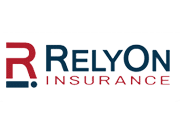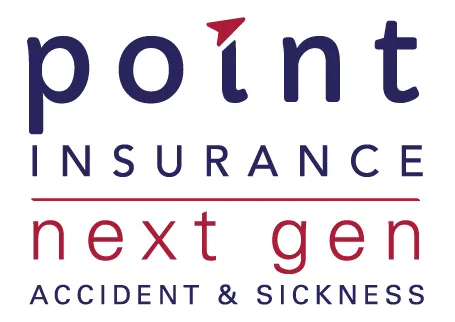When you’re deciding which type of business insurance you need, it’s important to first look at which insurance is compulsory and build up your needs list from there. The main types of insurance in Australia you may need are:
Workers compensation insurance
If you employ anyone in Australia, you have to have workers compensation insurance. It doesn’t matter whether your workers or employees are full or part-time, permanent or temporary: they must all be covered. The premium you’ll pay is based on a percentage of your wages bill, which varies from state to state but will generally range from 1.2% to 2.2%.
Public liability insurance
Public liability insurance is commonly a compulsory requirement to protect businesses against third-party personal injury or illness claims. Government organisations and departments often specify this insurance is held before submitting a tender or quote for work.
If you’re in a trade, some site owners require all their sub-contractors to have public liability cover, and if you wish to hold a public event (such as public market stalls or a street parade), you’ll probably need this cover too. This is one of the most common policies to cover small and medium businesses from claims made by people whilst on their property.
Professional indemnity insurance
Professional indemnity insurance is compulsory for some occupations, such as doctors, nurses and allied health professionals. In addition, if you’re a doctor running a general practice in Australia, it’s also compulsory to have personal practitioner indemnity insurance to renew your medical registration.
Therefore, check if there’s any type of insurance which is compulsory for your profession or registration or membership of any associations. Even if it isn’t compulsory for you, it’s worth being covered if you give professional advice or provide a service to the public.
Building and contents insurance
If you have an office or shop within a larger shared building, such as a shopping mall or office block, the landlord or owner may require each tenant to have certain types of insurance which could include building and business contents cover.
As another example, glass breakage insurance is a common type which some landlords insist their tenants have. Check the requirements for insurance with your building owner, landlord or strata corporate body to find out if any insurance is compulsory for you as a tenant or shared occupier of a business premises.
Once you’ve identified the types of insurance which may be compulsory for your industry, profession or business, look at the risks your business faces. A formal risk assessment process can help you identify which risks you face, and the likelihood of that risk occurring as a worst-case scenario. Your risk assessment should cover all aspects of your business, including:
- Your assets (building, plant, machinery, vehicles)
- Your people (employees, customers, clients, the public)
- Your intangibles (your company’s reputation, your computer databases and lists and your intellectual property)
All of these elements should be considered in your risk assessment and should inform you what type of insurance coverage is most vital to your business.
























